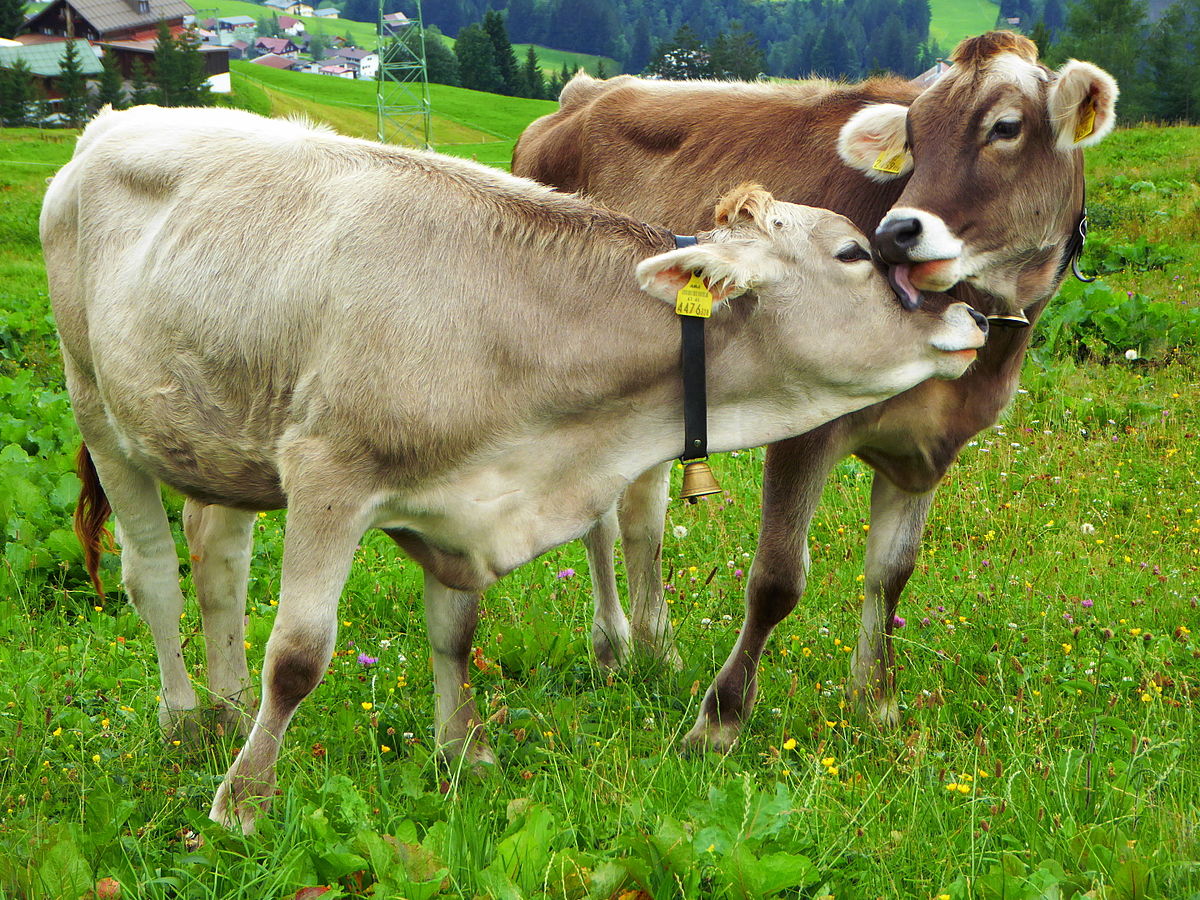 |
| livestock |
THE UN Food and
Agriculture Organization (FAO) has pledged more support to the
government to improve the animal health system within the country.
FAO Country
Representative Mr Fred Kafeero made his pledge in Dar es Salaam this
past Wednesday at the first annual meeting of the Tanzania Animal Health
Surveillances Network (TANSNet).
"I'm pleased to
inform you that FAO will continue supporting TANSNet as part of its
overall commitment to contribute to the improvement of the animal health
system, by extension the livestock sector, in the country," he said.
Mr Kafeero said
that animal diseases were among major constraints holding back
production and productivity of the livestock sector, citing zoonotic
animal diseases as the most serious threats to human health.
He told the meeting
that effective prevention and control of animal diseases were also
critical to protecting humans from endemic, emerging and re-emerging
zoonotic diseases.
Mr Kafeero also
said that the UN agency would work with the Ministry of Agriculture,
Livestock and Fisheries -- through its USAID-funded Emerging Pandemic
Threats Programme - to enhance the capacity of frontline disease
reporting agents through training and provision of tools such as
smartphones and computers used for data capture and analysis.
The programme is
currently working to improve the prevention, early detection and rapid
response capacity of animal health systems to address health risks at
the livestock-human-wildlife interfaces.
"FAO recognizes the
efforts of the government of the United Republic of Tanzania in
identifying the livestock sector as one of the key sectors for achieving
Vision 2025 and a driving force to fuel its commitment in the fight
against poverty and food insecurity, in this regard, FAO fully supports
the vision and aspirations of the Tanzania Livestock Modernization
Initiative 2015," he said.
Opening the
meeting, the ministry's permanent secretary, Dr Mary Mashingo, commended
the FAO support to the government in general, and the ministry in
particular, assuring commitment to ensuring continued partnership with
FAO and other development partners.
Dr Mashingo said
that the government was taking positive measures to ensuring improved
animal health systems across the country. The livestock sector has a
significant contribution to achieve the UN's 2030 Sustainable
Development Goals, which aspires to end poverty, hunger and malnutrition
by 2030 while sustaining our natural resources.
Livestock is
directly or indirectly linked to all 17 SDGs but faces multiple
challenges to fully unlock its potential and achieve sustainability.
It's believed that the main challenges for low performance of the
livestock sector include, among others, shrinking of grazing lands, low
efficiency, reliance on traditional farming systems, poor market
infrastructure and diseases










No comments:
Post a Comment